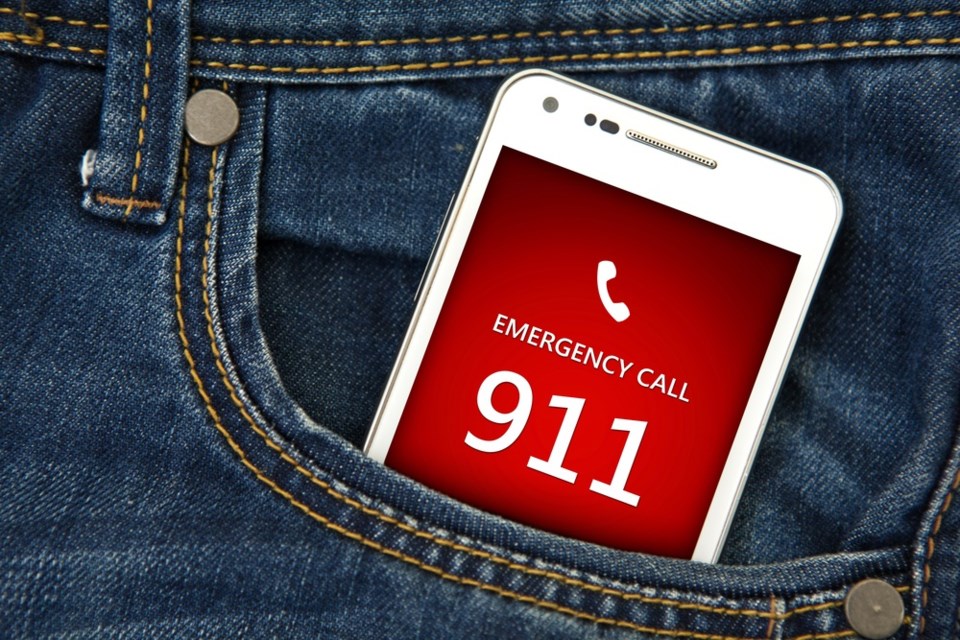OPP say "pocket dialing", accidental dials and children playing with phones, account of up to 90 percent of all non-emergency calls they receive.
West Parry Sound OPP responded to 384 calls of 9-1-1 during the first six months of this year.
That's a 16% decrease compared to 457 calls during the same period in last year.
But of those 60 to 90 percent were calls placed of a non-emergent nature.
9-1-1 is for emergencies only say police.
Here are some tips to avoid unnecessary calls:
- Lock mobile phones or place them on “stand-by” by using the keypad lock feature. If your mobile has a 9-1-1 auto-dial feature, you may be able to disable it. Check the user manual to see if your phone has the ability;
- Don’t program 9-1-1 into your speed dial. It only takes a second to dial 9-1-1;
- Do not place your cell phone in a position where keys can accidentally dial. Use a case or holster to protect it when you put it away;
- Do not let children play with a household phone or old cell phones. If a phone has a battery in it, even if it is out of minutes or does not have a contract or service, it can still dial 9-1-1.
Detachment Commander Peter Peever says “When 9-1-1 is called, emergency services will respond, unnecessary calls place a huge burden on those resources and could prevent a speedy response to a real emergency, resulting in a potential tragedy.”
